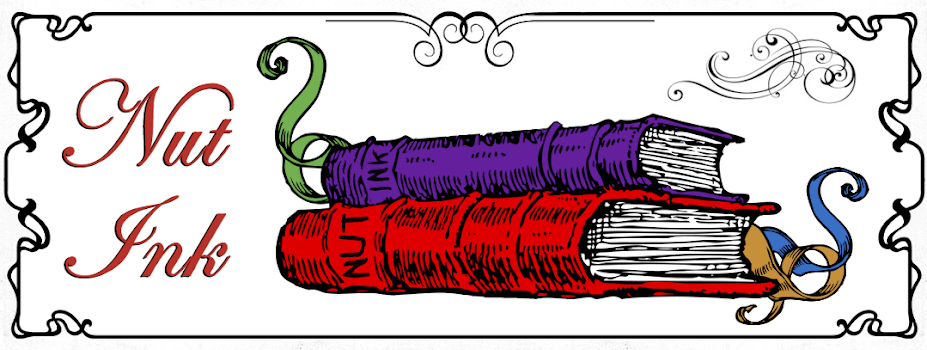Author: Ira Levin | Page Count: 139
“It’s not a town where reactions can develop to anything. There’s no place where people really intersect, except the Men’s Association.”
Joanna Eberhart is a wife and mother; she’s a photographer, an observer of life; and she’s a feminist. When she moves with her husband and two children to the seemingly utopian town of Stepford, the male-centric activities of the Men’s Association really get her goat. What’s worse is that the women, the other wives, are like picture book clichés, prime candidates for the Cult of Domesticity annual calendar, with perfect smiles and perfect tits. Joanna tries to initiate change but meets opposition; she then decides to make everyone else's business her own.
I didn't much like The Stepford Wives. I found it tedious and lacking drive. It didn't get even vaguely interesting until after page 100, and there are only 139 pages in the entire book. But it wasn't badly written. It wasn't wasteful. It was just dull.
It works perfectly as a satire of deeper concerns, a focus upon which was much more politically stirring in the 70s when it was written, but as an enjoyable novel not so much. The term ‘Stepford Wife’ has entered the vernacular of popular culture, so I'm going to assume most of you will be able to garner what those concerns are. That knowledge may have been part of my problem: knowing in advance what the big twist was left me with nothing to get excited about.
Joanna and Walter exist separately most of the time, so we never really get an in-depth view of how loving their relationship is or isn't. He supports her, they sleep together and they appear to share some beliefs, but there was no evidence of love or even desire for each other in their daily lives. They were flat, lifeless characters, which left me indifferent to their individual plights.
I'm one of those people whose inner-voice emphasises italics whilst reading because that’s what they’re there to denote, an emphasis, but they were so abundant that doing so got to be a real pain. If you do the same thing with this sentence, you’ll understand perhaps what I mean when I say italics should be used in moderation. Now, wasn't that a pain in the ass?!
I acknowledge that it’s achieved ‘classic’ status, but there’s no right or wrong where subjectivity is concerned, and we don’t all like the same things.
2½ notes on newcomers out of 5



